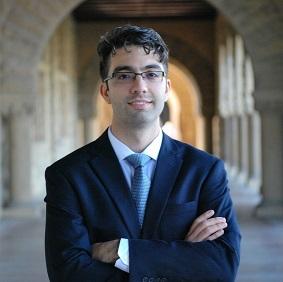Misspecific Matching Markets
-
Micro Theory Seminar
Zoom
United States
*Joint with Natalie Cox and Ricardo Fonseca
Can a clearinghouse still generate a stable matching if it is misspecified and thus does not allow students to state their rich preferences? We use application data from Australia's centralized college admissions system to show that peers' academic ability affects applicants' rankings over programs. A stable matching exists with these peer preferences under mild conditions, but finding one via canonical, misspecified mechanisms is unlikely. The Australian clearinghouse uses a canonical, misspecified mechanism but also reveals information about the previous cohort of students enrolling at each college program. This induces a tâtonnement process wherein the distributions of former students play the role of prices. We theoretically model this process and develop a test for match stability. We implement this test empirically to show that the Australian market converges to stability over time. We show that key features of the Australian market guarantee this convergence. Finally, we propose a new mechanism that improves upon the current design by ensuring a stable matching for all cohorts.
